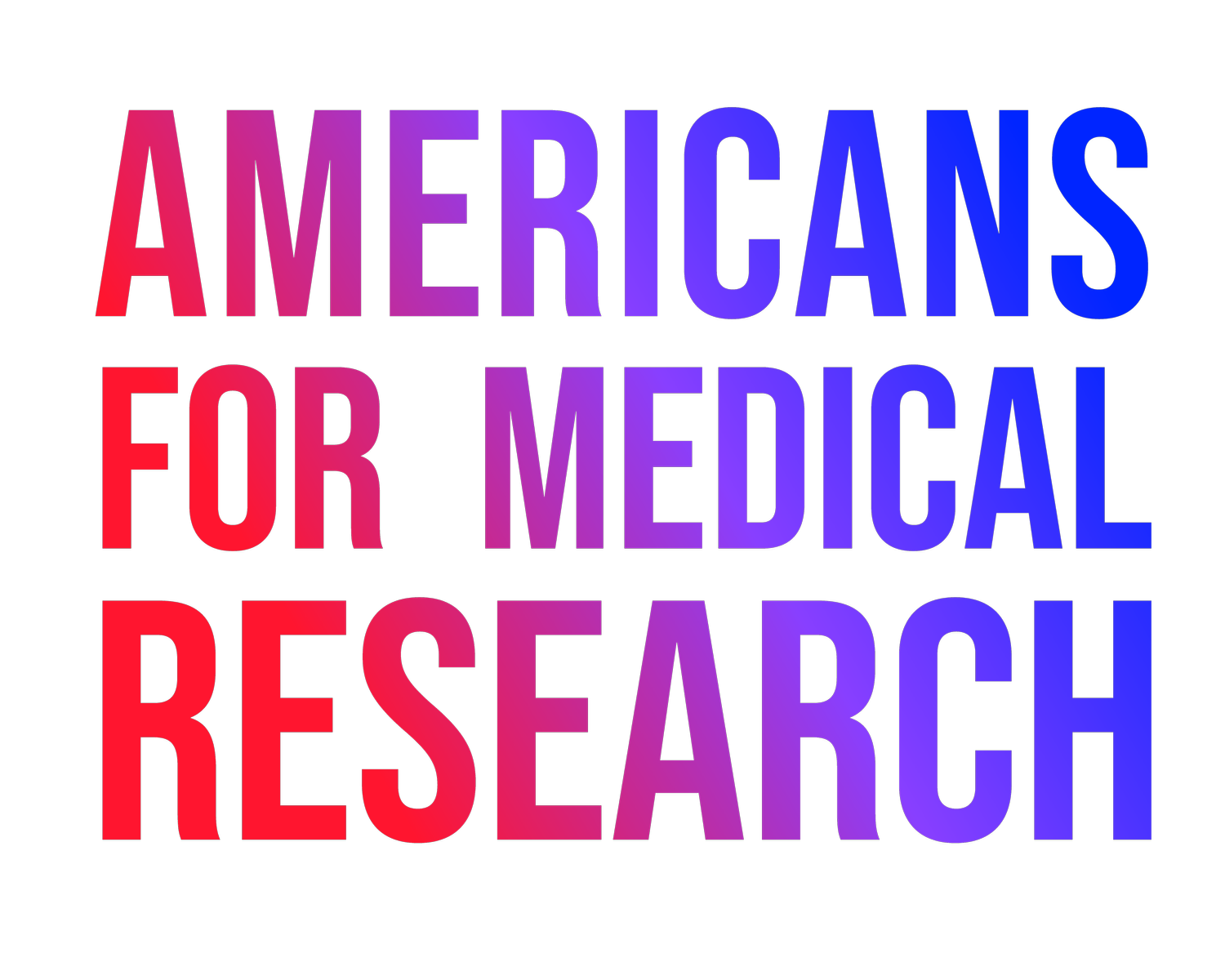‘It’s not politics, it’s people’: Susquehanna family raises funds for clinical trial as child battles rare disease
Margaret Roarty | 10.28.25
When Mila Wood turned three years old this past June, her parents were concerned about how far behind she was developmentally from her twin sister.
After numerous tests and visits to specialists, the Susquehanna couple received some devastating news: Mila had Spastic Paraplegia 50, or SPG50, an incredibly rare neurodegenerative disease that affects roughly a dozen children in the United States and less than 100 worldwide.
Mila’s future suddenly seemed grim: although she did start to walk, the disease would likely paralyze her before the age of 10. At that point, the disease would start to affect her brain as well.
“Her prognosis was quadriplegic, loss of cognition, and they consider it life-limiting,” her Mom, Jami Wood, said. “I was not expecting it to be as serious as the outcome.”
The good news is that there is treatment in the form of a gene therapy called Melpida, developed by Elpida Therapeutics.
The bad news is that it’s stuck in phase III of its clinical trial due to a lack of funding.
This led the Woods to establish Mila’s Corner, a nonprofit dedicated to raising money to see that the trial is successfully completed and that the treatment can be manufactured and administered to every child who needs it.
The organization is part of Jack’s Corner Foundation Network, made up of families who are all raising funds to help the treatment progress.
On Sept. 4, the foundation announced it raised enough money for Phase III of the trial to begin at UT Southwestern Medical Center.
On Oct. 17, the foundation provided another update, saying it had raised an additional $1.15 million needed for hospital and start-up costs. The foundation’s organizers continue to work to raise even more money so that a fifth child can enter the trial.
“It’s a situation I don’t wish on anyone,” said Wood. “It’s an odd feeling to be told like, ‘Oh, we could stop this, but you know, you need this much money.’ Which the majority of people do not have. I was kind of thrown in the rare disease community, so I had no idea how common it is for families to basically be crowdfunding treatment.”
Elpida Therapeutics was founded by Terry Pirovolakis, a father from Canada, who was determined to develop gene therapies for rare diseases after his son Michael was diagnosed with SPG50 in 2019.
When Pirovalakis appeared on the Kelly Clarkson Show in February, he explained that there was barely any interest from for-profit companies to fund research into diseases like SPG50 as there’s so little money to be made because of how rare they are.
That means the burden of funding often falls on philanthropists, nonprofit organizations, and community members.
To complicate matters, health research in America hit the brakes after President Donald Trump canceled billions of dollars in grants from the National Institutes of Health.
“As of right now, no one can get grants. No one can get therapies,” Pirovalakis said in February.
According to Grant Witness, which is based on reports from government sources and researchers, 5,462 grants from the NIH were terminated. Due to various court orders and lawsuits, 2,859 have been reinstated.
In September, the Times Leader spoke with a Harvard Professor and NEPA native about the negative impact of those cuts on medical research.
Locally, Luzerne County has lost $970,000 in grants, according to data compiled by scienceimpacts.org, which is made up of a team of researchers from a handful of universities across the country, including the University of Pennsylvania.
With lawmakers in Washington in a standoff regarding the federal budget and the government shut down, families like Mila’s are forced to move forward with a significant lack of federal support.
“People don’t realize that these are — it’s not politics, it’s people,” said Wood. “It’s one thing to sign a paper, but it’s another to actually look at, you know, the five children I know of that are all under each four that need this [treatment] to have a relatively normal life. It’s devastating.”
Even though raising money to fund Melpida doesn’t mean Mila will even be chosen for the trial, Wood said that isn’t the point.
“Obviously, we are desperate to get her treated, but no child should suffer with something if they don’t have to,” she said. “It’s more than Mila. It’s about all these children.”
